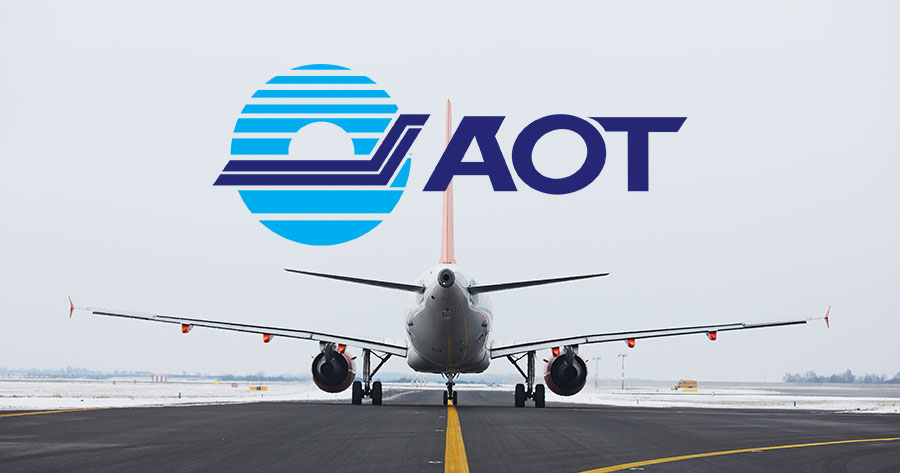Following to the consideration of raising the passenger service charge (PSC), Mr. Suriya Juangroongruangkit, Thailand’s Deputy Prime Minister and Minister of Transport (MOT), stated that he has tasked Airports of Thailand Public Company Limited (SET: AOT) to conduct a feasibility study with a consultant for an appropriate amount of the PSC increase for outbound passengers at six airports under AOT’s management.
Mr. Suriya stated that AOT should finalize this measure by September. The company will study primely on the rates of other nations’ PSC before determining its own charging rate for the outbound passenger, who are mostly foreigners. He expected that the raise should not have any impact on travelling demand. As for revenue generated from the new charging rate, the company can utilize it to improve its service and expand its airports, including the construction of the South Terminal.
Mr. Suriya added that PSC fees could be increased if the study shows that Thai airports are collecting the fee at a lower rate than international peers. As for what rate the increase would be, the transport minister stated that it would depend on the study result, while reiterating that the collection will benefit the airport and that other international airports are charging these fees on foreign travellers at a higher rate.
Ms. Paweena Jariyathitipong, Deputy Managing Director of Engineering and Construction and Acting President of AOT, told Kaohoon that Mr. Suriya, The Civil Aviation Authority of Thailand (CAAT), and related officials have agreed that the company should increase its PSC. The company will make the first adjustment this August.
She disclosed that AOT proposed to CAAT that the company should increase its PSC rate for the outbound passenger from THB 730 per person to THB 735 and from THB 130 to THB 135 per domestic traveller. These changes should increase the company’s revenue by THB 200 – 300 million per year. CAAT has agreed to this request.
Additionally, she added that around October or November this year, AOT is likely to increase its PSC significantly, probably more than THB 100. However, when compared to the international standard that determines their charging rate, the company’s charging rate is still majorly low.
Although the increase of PSC may generate negative views from the passenger, AOT’s survey found that most of their passengers are agreeing to this change if it helps improve airport facilities.
A THB 100 PSC addition generated from international passengers could contribute to an additional THB 3 billion in revenue for AOT a year and THB 2 billion from domestic passengers at the same amount of increase.
Ms. Paweena stated that the current PSC rate has caused AOT to generate loss as its operation cost is higher. The loss on the international passenger is about THB 200 per person, while the loss on the domestic passenger is about THB 50 per person. Approximately, the company lost its revenue of about THB 125 per person.
Nonetheless, Ms. Paweena is confident that AOT’s 4Q25 performance would improve as the company had decreased much of its cost, especially from the employee part, saving hundreds of millions baht. The company will also start charging for its 400 Hz power systems and PZ air-conditioning systems services in SAT-1, which should generate revenue about THB 400 million per year.
Moreover, AOT’s flight slots this month are also increasing compared to the previous year while the government’s measures help improve the nation’s trustworthiness and recover the Chinese tourist number. Along with the company’s effort in increasing its revenue and decreasing its expense, the company’s revenue of this fiscal year (October 2024 – September 2025) should grow stronger than the last year (October 2023 – September 2024).




